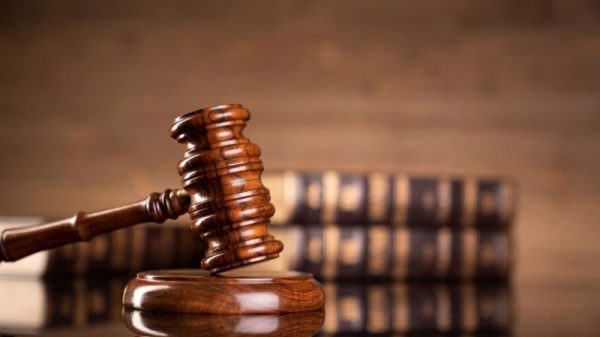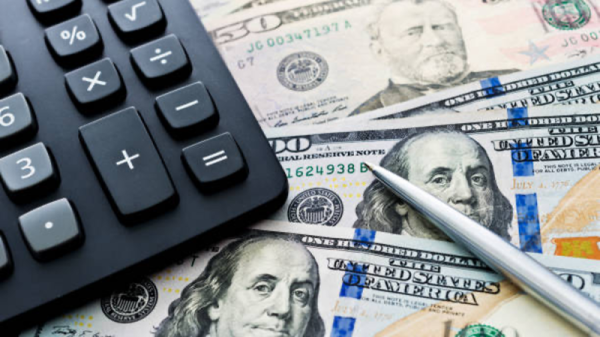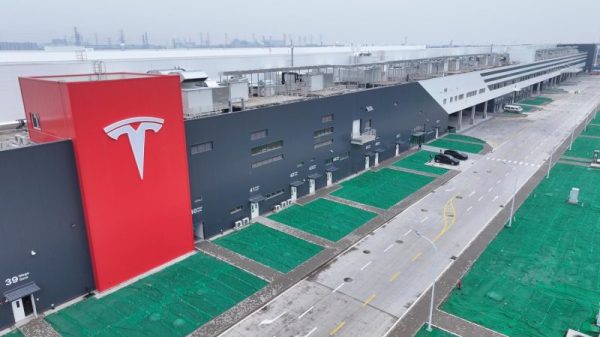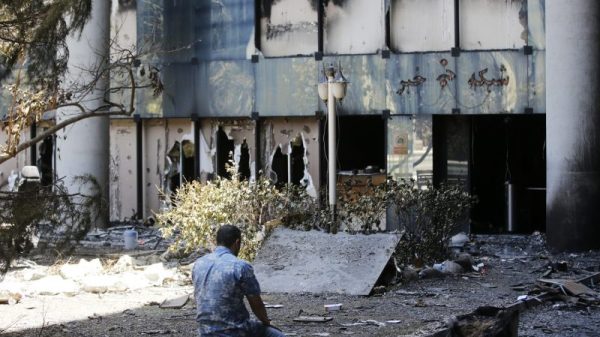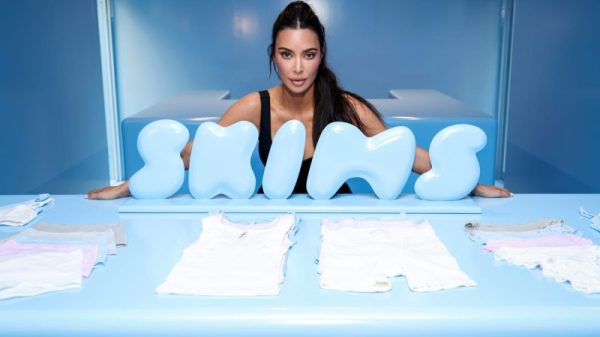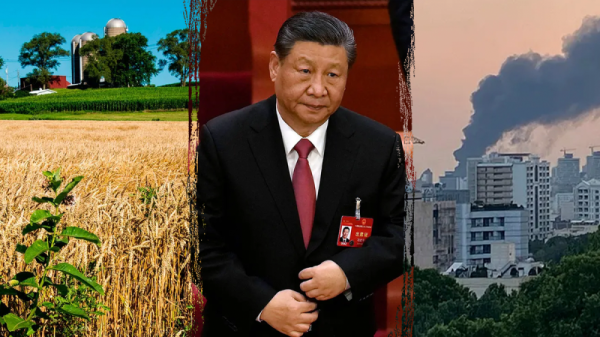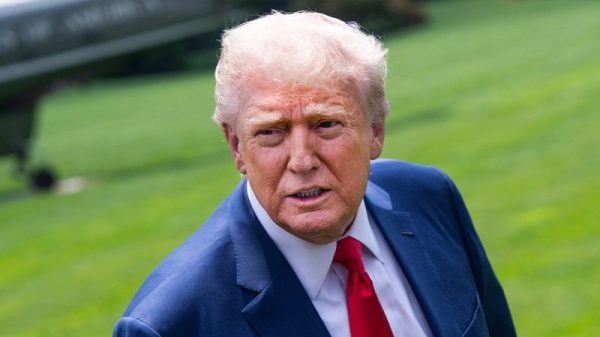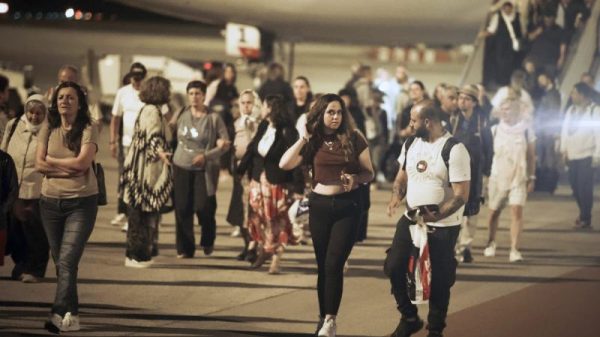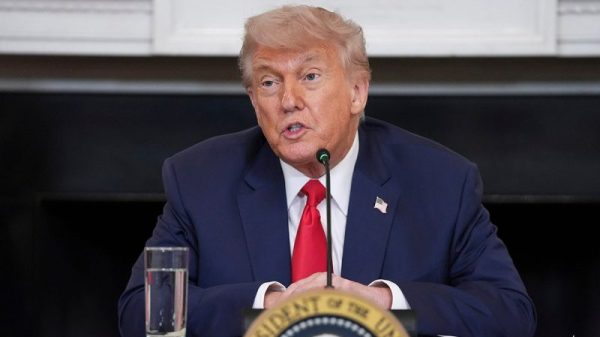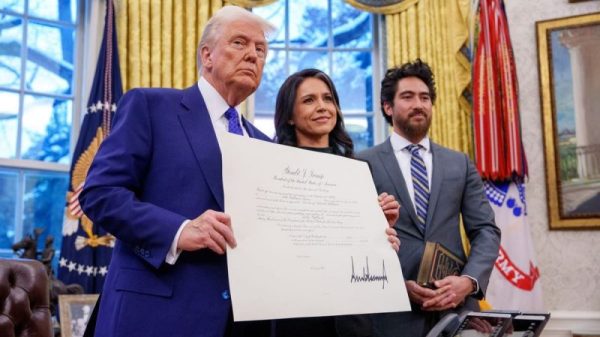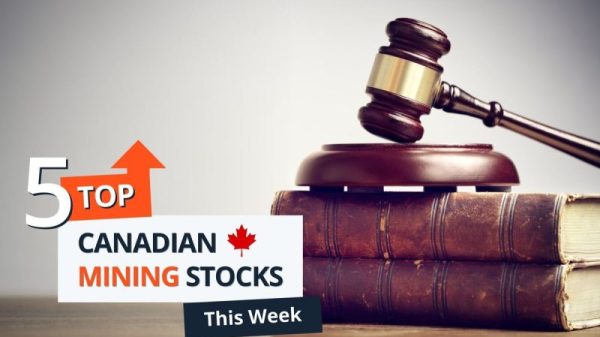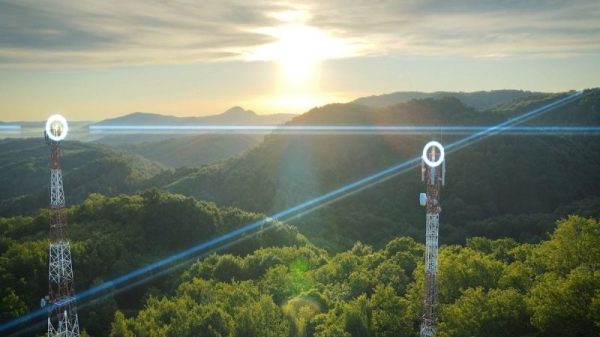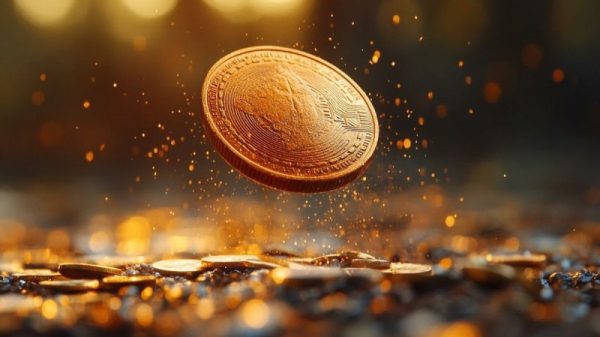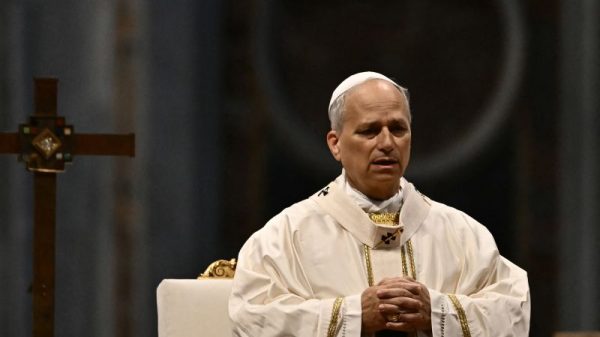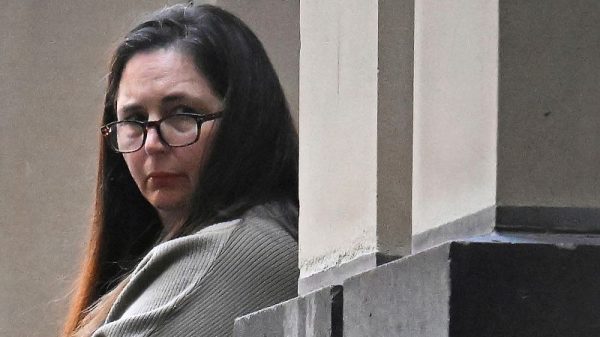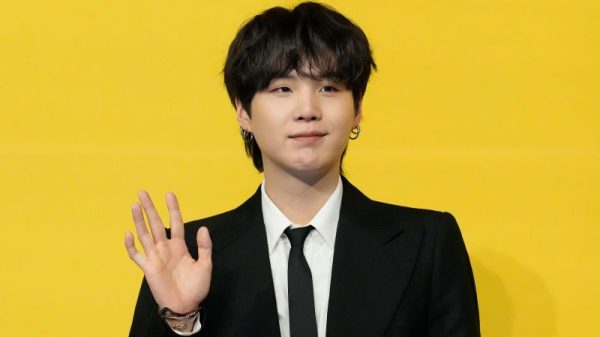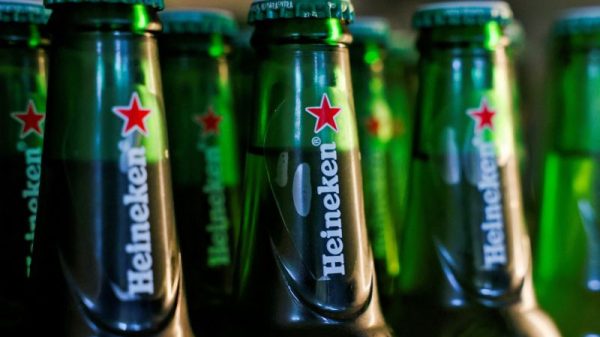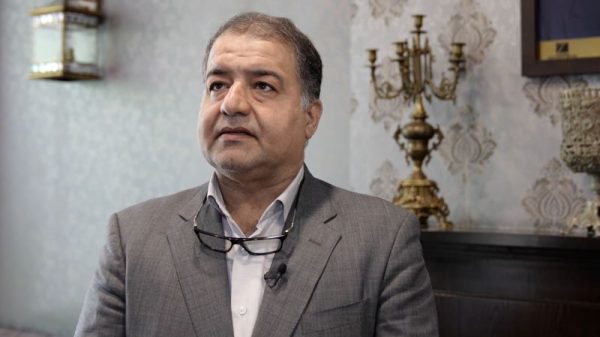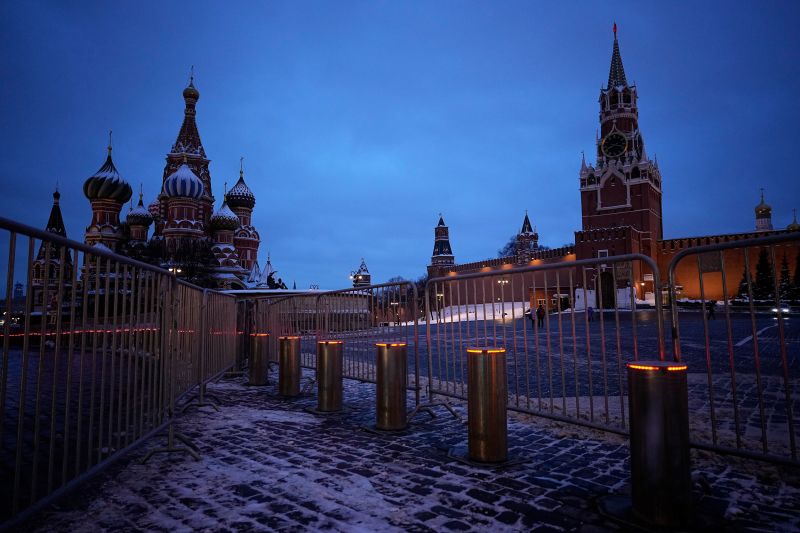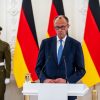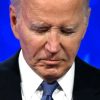Two years ago, when Russia launched its full-scale invasion of Ukraine, I was among the many long-time observers of the Kremlin who got it wrong.
Few could fathom why Vladimir Putin, Russia’s calculating leader, would embark on such a risky military adventure, especially when the mere threat of a Russian invasion was already yielding results.
In June the previous year, as Russian forces massed near Ukraine, US President Joe Biden met Putin at a superpower-style summit, describing the US and Russia as “two great powers” elevating the Russian leader after previous US administrations had sought to downplay Russia’s influence.
In the days before the 2022 invasion, Washington offered a “pragmatic evaluation” of Moscow’s security concerns, signalling openness to compromise.
Pitching Russian forces against one of the region’s biggest standing armies seemed uncharacteristically reckless and, therefore, unlikely.
There were others, though, who rightly saw the invasion as inevitable, better reading the Kremlin’s intentions, and confidently predicting a swift Russian victory at the hands of Moscow’s vastly superior forces.
Two years on, I like to think that those of us who doubted the Kremlin’s resolve were wrong for the right reasons.
What Moscow still euphemistically calls a Special Military Operation has been a bloodbath of catastrophic proportions, unseen in Europe for generations. Even conservative estimates put the number of dead and injured at hundreds of thousands of people on each side. Small gains, such as the recent capture of Avdiivka, have come at enormous cost.
Russia’s once revered military has shown itself painfully unprepared and vulnerable to modern weapons in the hands of a determined Ukrainian resistance. Even if the war ends tomorrow, it is likely to take many years for its strength and numbers to recover.
And the past two years of brutal war have twisted and distorted Russia internally too.
Hundreds of thousands of its citizens have fled abroad to avoid conscription. Frustrations with the way the war was being fought provoked an armed uprising in which gun-toting Wagner mercenaries marched on Moscow, posing an unprecedented challenge to the Kremlin’s authority.
International disdain has made Russia the most heavily sanctioned country in the world. Even President Putin has been indicted for war crimes at the Hague.
And now Putin’s most vocal critic – Alexey Navalny – is dead. Amid a broader crackdown on dissent, this country has plunged further into isolation and darkness.
Take a longer view, and the direction of travel seems tragically clear.
I was in Chechnya when, in 2000, a newly installed President Putin brought that rebellious Russian region to heel, unleashing a relentless Russian military. We will bomb them in the outhouse, he remarked, in a crude but popular refrain.
In 2004, a leading Russia journalist, Anna Politikovskaya, was murdered, on Putin’s birthday. Her brave dispatches from Chechnya struck a chord. Other critics were silenced at home and abroad.
By 2008, Putin was intervening in neighbouring Georgia, carving out pro-Russian regions from the Georgian state. Before the territory of Crimea was annexed from Ukraine in 2014, Russian forces had for years successfully propped up the Syrian regime in that country’s own brutal crackdown on rebellion, despite international condemnation.
But February 24, 2022, was a watershed.
It’s not just that Putin miscalculated in his ambition to conquer Ukraine, although what was meant as a limited campaign is very much now an open-ended war.
Rather, his full-scale invasion of Ukraine was the moment Putin finally abandoned all semblance of cooperation with the West, and all pretence that dissent and criticism inside this great nation would be tolerated.
And there is currently little sign of any change in course.
In fact, two years into his Special Military Operation, Putin is tightening his grip on power with opponents silenced and elections in March set to confirm his fifth presidential term.
Privately, many Russians remain quietly hopeful that there will, one day, be a change in course. But few believe it is unlikely to be now or even soon.



